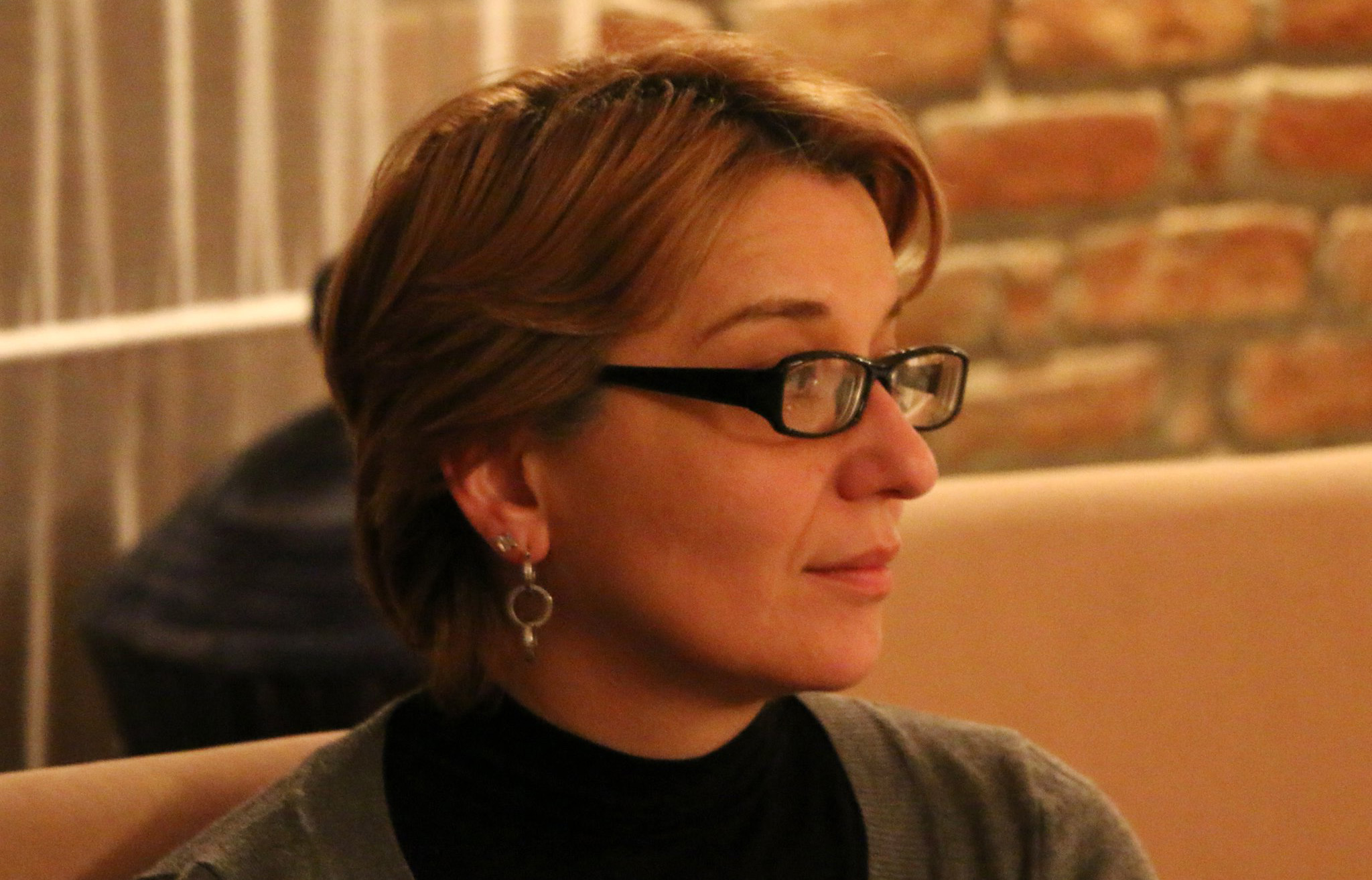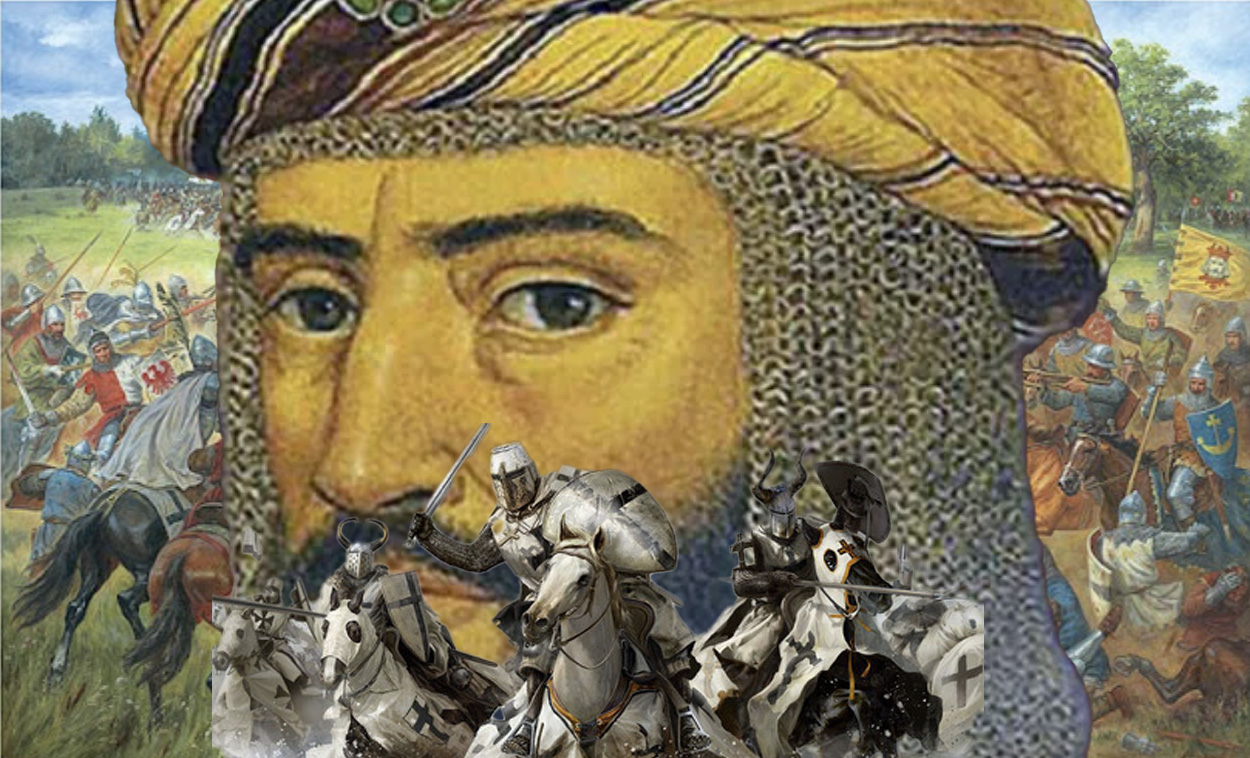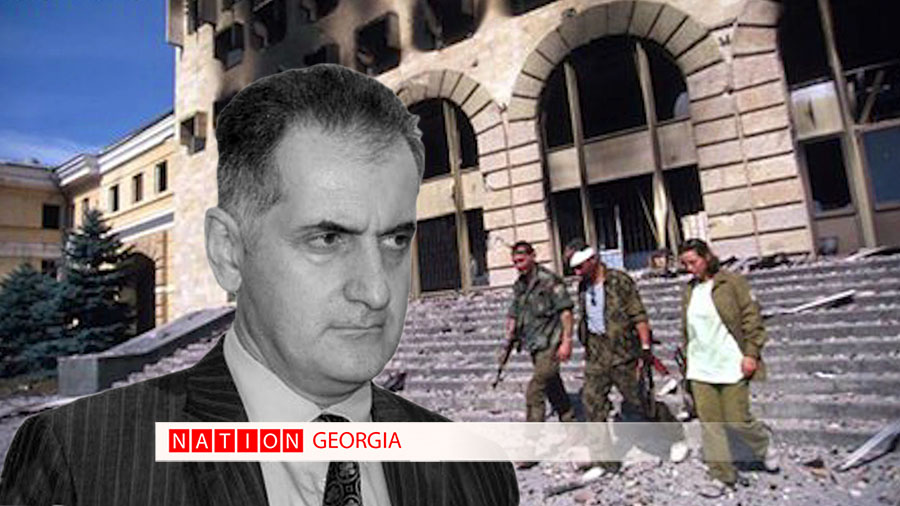Russia prepares for further tax rises due to war – Reuters
02.11.2024 ნახვები: 741
According to Ukrinform, Reuters reports that.
The economists believe that Russia will need to raise taxes further to sustain its war effort in Ukraine. Previously announced measures to boost budget revenue are expected to fall short of covering the rapidly escalating military expenses.
For the first time, defense spending will account for twice the amount allocated to social expenditures. The Russian government has already begun raising taxes to support the ongoing war, now in its third year.
Additional measures set to be implemented in 2025 include an 11.6% reduction in small business support and an 11% cut to education development funding, based on Reuters’ analysis of Russia’s draft budget.
Subsidies from regional budgets for social payments, including state pension supplements, will be reduced by 31%, while funding for the modernization of social services will drop by 35%.
Read also: Russian economy to reach breaking point due to rising war costs – ISW"The 2025 budget suggests that Putin is forced to cut spending in almost all areas to finance the war," says economist Sergei Aleksashenko, a former deputy governor of the central bank.
Russian Deputy Finance Minister Vladimir Kolychev noted that while military spending has grown by 3.0-3.5% of GDP during the war years, overall spending has grown only by 2%. “This indicates prioritization, meaning the remaining spending has essentially been reduced by 1-1.5% of GDP, such is the fiscal consolidation now,” Kolychev said, in a rare public admission of the shift in government priorities.
As it was previously reported, according to Financial Times, the seven largest Western banks still operating in Russia paid over 800 million euros in taxes to the Russian budget last year.
































